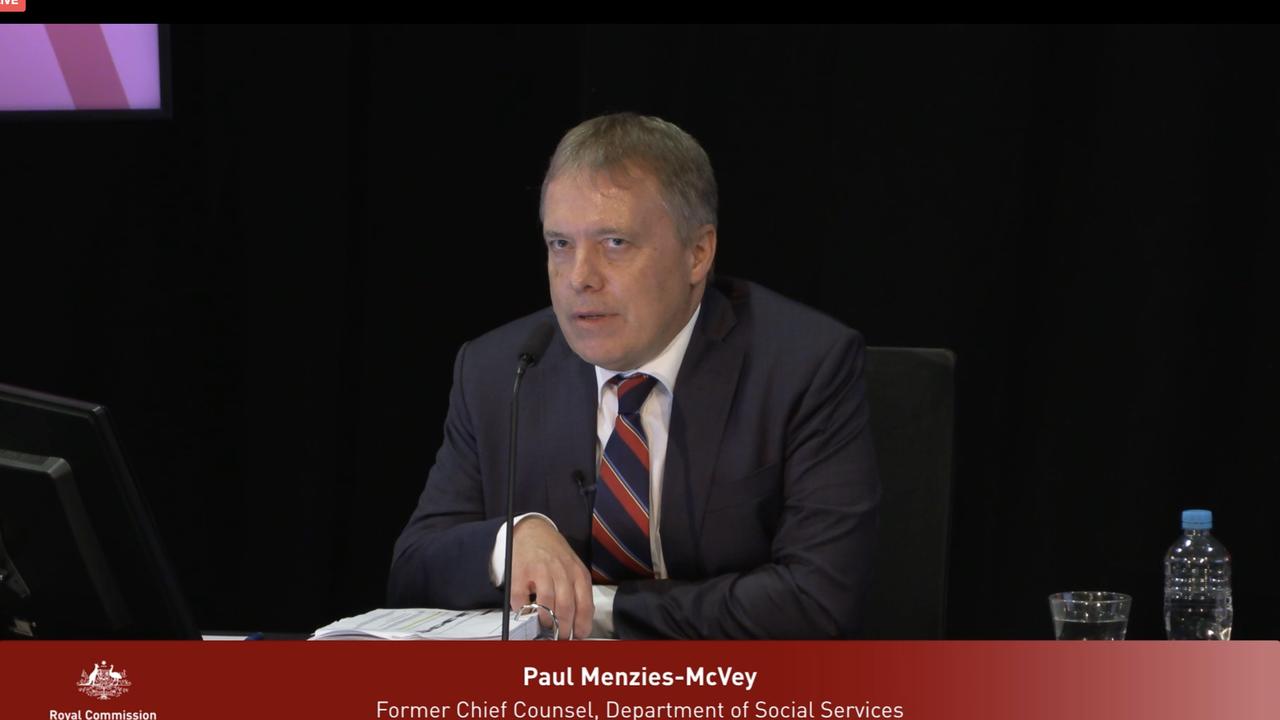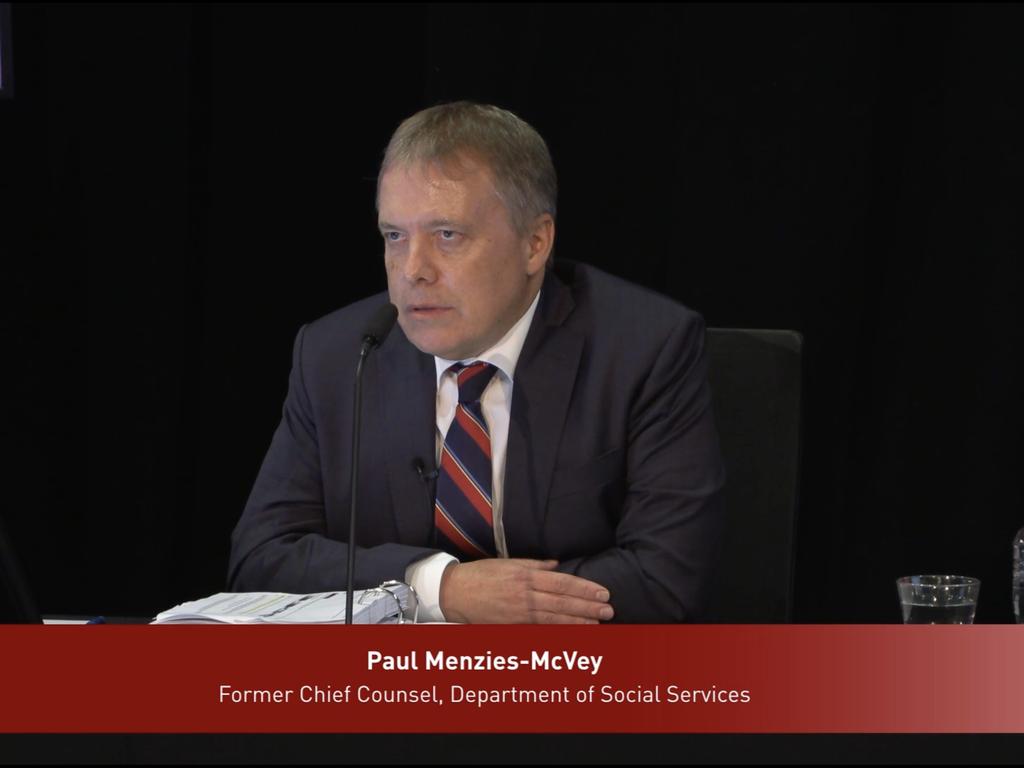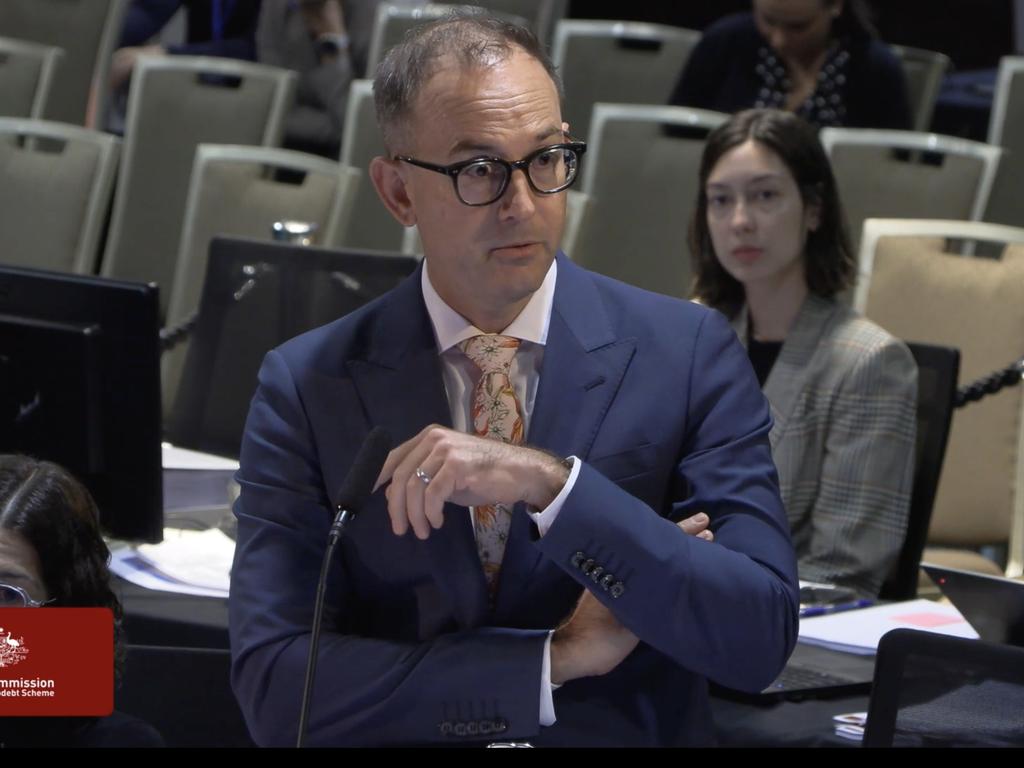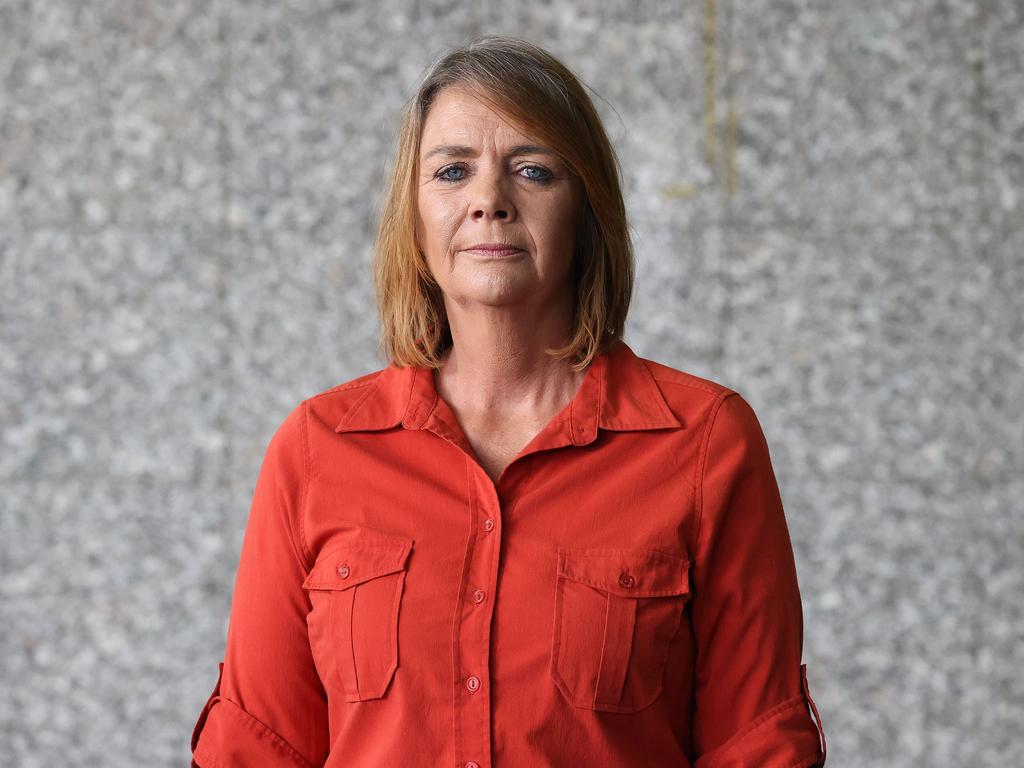Lawyer: Legality of the Centrelink robodebt scheme had been questioned from 2014
A former high-ranking legal bureaucrat has told a Royal Commission questions about the legality of the Centrelink robodebt scheme had been raised as far back as 2014.

The robodebt scheme had no practical legal basis on which to operate for three-and-a-half years of its four year operation, according to a senior lawyer with the Federal Department of Social Services.
Former Chief Counsel with the Department of Social Services, Paul Menzies-McVey, confirmed the department which oversaw the unlawful Centrelink debt recovery program – informally dubbed robodebt – had received legal advice questioning the legality of the scheme which used income “averaging’’ to allegedly issue incorrect debt notices from 2014.
He did not name the parties that provided the legal advice that year.
The department overseeing the scheme, alleged to have led to suicides and deep emotional trauma among Social Services clients, received legal advice questioning the legality of using averaging to assess claims, Mr Menzies-McVey confirmed.

But Mr Menzies-McVey, giving evidence at the Royal Commission into the Robodebt Scheme at the Pullman Brisbane King George Square hotel in Brisbane on Tuesday, said some of the advice – specifically that from law firm Clayton-Utz – was not unequivocal in declaring the averaging process illegal.
“I don’t think the Clayton Utz advice was that it was unlawful,’’ he told Justin Greggery, KC, the Royal Commission’s Senior Counsel Assisting.
“It said some troubling things about social security law ... it advised that further advice be sought.’’
But Mr Menzies-McVey agreed with Mr Greggery that the scheme had no real legal practical basis on which to operate for three and a half of its four year life.
“That would have been the consequences, yes,’’ he said.
Mr Menzies-McVey said the robodebt scheme had become involved in private litigation, the outcome of which would have produced more clarity about its legal status.

Public servants overseeing the program were also awaiting further legal advice from the Australian Government Solicitor’s office about the legal status of the program before attempting to alter or abandon it.
Asked by Mr Greggery if he had any discomfort about the program issuing debt notices which may, or may not, have had the correct legal standing over three-and-a-half years, Mr Menzies-McVey said: “I thought, in a sense, everything that could be done to resolve uncertainty was being done.’’
Royal Commissioner, Catherine Holmes, questioned how the department could continue using averaging as an assessment tool when issuing debt notices when there was advice the process might not be legally appropriate.

Ms Holme said the client who did not engage with the department could find their assessments had been made using averaging.
Yet clients had no obligation to engage with the department.
“Out of that you infer that averaging is fine,’’ Commissioner Holmes said.
“That is just magical thinking isn’t it?
“I would not like a lot of things to happen to me.
“But it does not mean that, if I don’t respond in writing, that they should.’’
The fourth and final block of the inquiry continues through to March 10.
The Robodebt Royal Commission was established on August 18, 2022 to inquire into all aspects of the robodebt scheme.
The reporting date for the robodebt royal commission is scheduled from April 13 to June 30.




